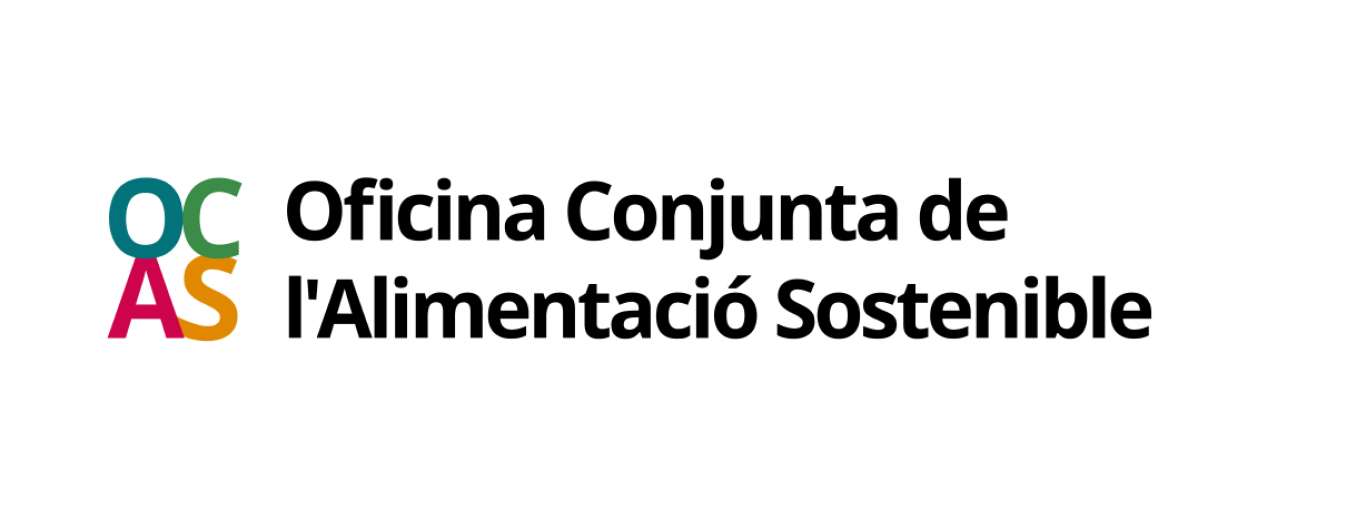Oficina Conjunta de l’Alimentació Sostenible (OCAS)

Public sector
Supramunicipal
Active
Objectius del projecte
L’objectiu de l’Oficina Conjunta de l’Alimentació Sostenible (OCAS) és transformar el sistema alimentari en un model més sostenible.
Descripció del projecte
Els objectius principals de l’oficina tècnica són:
- Impulsar les polítiques alimentàries de les administracions de l’OCAS.
- Articular les estratègies en alimentació sostenible de les administracions que formen l’Oficina (la Generalitat de Catalunya, l'Ajuntament de Barcelona i el Pla Estratègic Metropolità de Barcelona (PEMB)).
- Promoure projectes d’alimentació sostenible de les diferents estratègies.
- Compartir objectius, recursos, coneixement i agendes per amplificar-ne l’impacte, a nivell municipal, metropolità i de país, buscant la complicitat amb la resta del territori.
L’OCAS se centra en els següents eixos d’actuació:
- Foment dels vincles i compromisos entre els mons urbà i rural a través de l’alimentació mitjançant:
- La promoció d'un canvi cultural i d'hàbits en l'alimentació apropant el mon urbà a la realitat del món rural i la producció d'aliments.
- La dinamització de la cadena agroalimentària per fomentar la comercialització i el consum de productes sostenibles provinents de la petita i mitjana pagesia per a tota la ciutadania.
- Transversalització de l’alimentació sostenible a través de:
- Introducció de criteris de proximitat i sostenibilitat en la compra pública alimentària.
- Transferència de coneixement.
- Generar vincles interadministratius a través de dinamitzar espais de treball / governança compartits com:
- Secretaria tècnica dels grups de treball de l'Acord de Ciutat de l'Estratègia de l’Alimentació Saludable i Sostenible Barcelona 2030.
- Amb un abast metropolità, l’OCAS és una eina de governança a partir de projectes de col·laboració concrets, molt en la línia del que planteja el Compromís Metropolità 2030 i una peça fonamental per a l’impuls de la Missió Alimentació Saludable i la dinamització de la Carta Alimentària de la Regió Metropolitana (CARM).
Àmbits d’intervenció
Líders del projecte
Per saber-ne més
Descàrregues
Contacte
Lidón Martrat, coordinadora de l’OCAS:
lmartrat@pemb.cat
L’Oficina Conjunta de l’Alimentació Sostenible (OCAS) comunica a través dels canals de les diferents institucions que la formen i les etiquetes de seguiment de l’activitat de l’oficina tècnica són: #OCAlimentacióSostenible #AlimentacióSostenibleCAT



